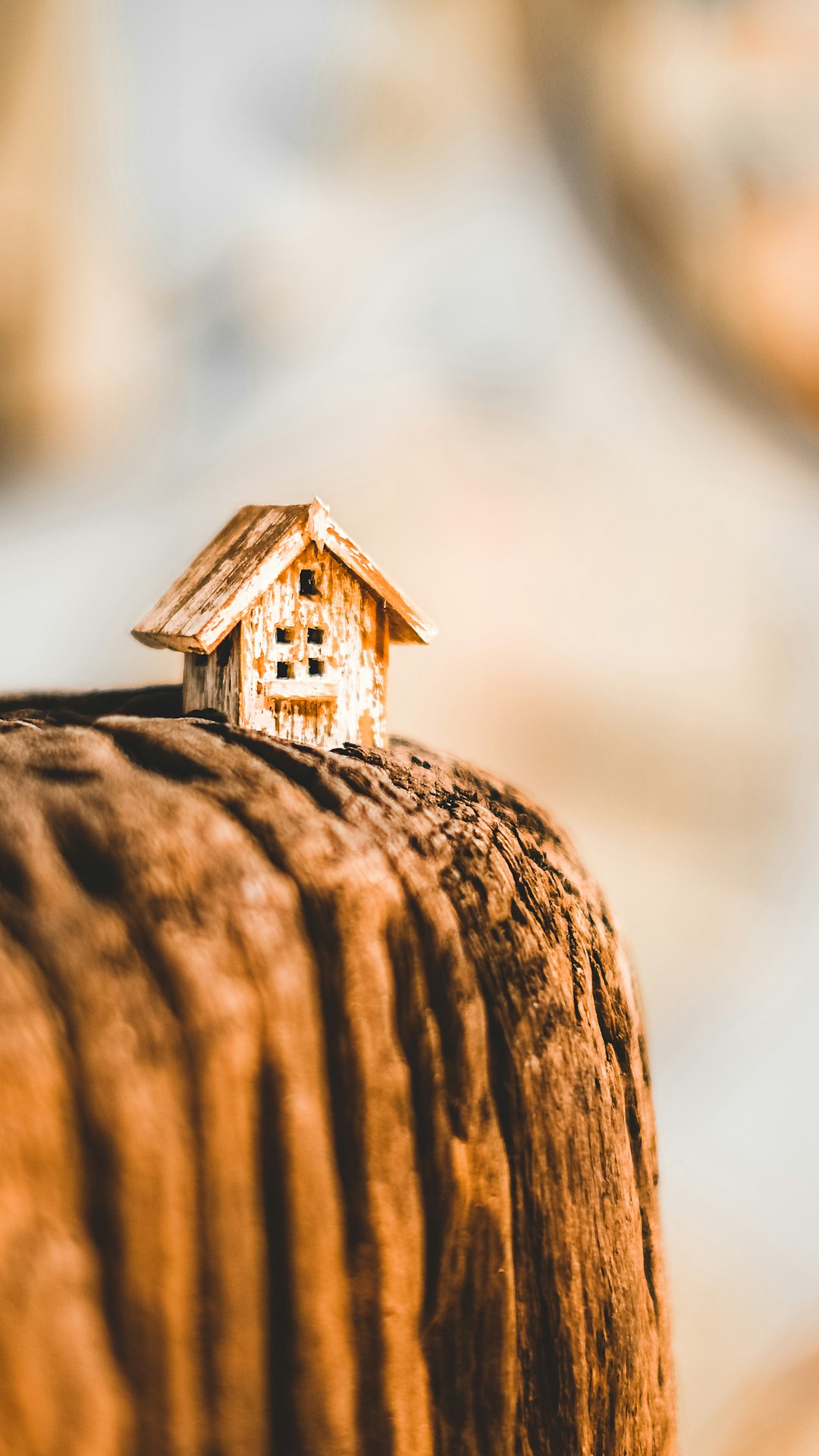The Future of Smart Homes: Technology Trends in Real Estate
As technology continues to advance at a rapid pace, the way we live in our homes is evolving as well. Smart homes, once a thing of the future, are now becoming more mainstream as homeowners seek to integrate technology into their living spaces. From smart appliances to security systems to energy-efficient features, the future of real estate is looking more high-tech than ever before.
One of the key trends in smart homes is the integration of voice-controlled devices and assistants. Products like Amazon’s Alexa, Google Home, and Apple’s Siri are becoming increasingly popular in homes, allowing homeowners to control everything from their lights to their thermostat with simple voice commands. These devices can also provide useful information and updates, acting as a personal assistant for homeowners.
Another trend in smart homes is the use of smart appliances. These appliances are connected to the internet and can be controlled remotely through a smartphone or other device. For example, homeowners can start their dishwasher or washing machine from work, ensuring that their chores are done by the time they get home. Smart appliances can also help homeowners save money on energy bills by automatically adjusting settings for optimal efficiency.
One of the most important aspects of a smart home is security. With the rise of smart locks, cameras, and monitoring systems, homeowners can now keep an eye on their property from anywhere in the world. These systems can alert homeowners to suspicious activity, allow them to lock and unlock doors remotely, and even contact emergency services in the event of a break-in. With the increasing concerns about security and privacy, smart security systems are becoming a must-have feature for many homeowners.
Energy efficiency is another important trend in smart homes. With the rising costs of energy and concerns about climate change, homeowners are looking for ways to reduce their energy consumption. Smart thermostats, lighting systems, and appliances can help homeowners save money and reduce their carbon footprint by automatically adjusting settings based on the time of day and occupancy of the home. These energy-efficient features not only benefit the environment but can also increase the value of a home.
As technology continues to advance, the possibilities for smart homes are endless. From virtual reality tours of properties to 3D-printed homes to self-healing materials, the future of real estate is looking more high-tech than ever before. Virtual reality tours allow potential buyers to explore a property from the comfort of their own home, saving time and money on travel. 3D-printed homes are becoming more common as an affordable and sustainable housing option, with materials that can repair themselves over time.
Another exciting trend in real estate technology is the use of blockchain. This digital ledger technology can streamline the process of buying and selling homes, making transactions faster, more secure, and more transparent. Blockchain can also help homeowners track the history of their property, from ownership records to maintenance and repair data. By using blockchain, homeowners can ensure that their property rights are protected and their transactions are secure.
With all of these technological advancements, the future of smart homes in real estate is looking bright. From voice-controlled devices to energy-efficient features to virtual reality tours, homeowners have more options than ever before to make their homes more high-tech and convenient. As technology continues to evolve, the possibilities for smart homes are endless, and the real estate industry is sure to be transformed by these exciting trends.
In conclusion, the future of smart homes in real estate is rapidly approaching, with technology trends shaping the way we live in our homes. From voice-controlled devices to smart appliances to energy-efficient features, smart homes are becoming more mainstream as homeowners seek to integrate technology into their living spaces. With the rise of virtual reality tours, 3D-printed homes, and blockchain technology, the possibilities for smart homes are endless. As technology continues to advance, the future of real estate is looking more high-tech than ever before, and homeowners can expect even more exciting developments in the years to come.


